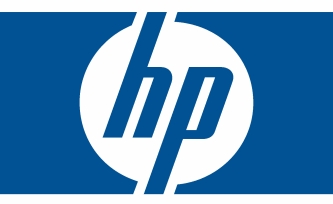Pros and cons: Will HP weather the economic storm?


In its 2008 annual earnings report, CEO Mark Hurd said the following:
In the near term, we expect that economic conditions in 2009 will be extremely challenging. It will take continued discipline and tough decision making to stay the course and continue executing our strategy in the coming months.
So let's play devil's advocate, shall we? Here are reasons why HP could come out on top -- and reasons why the company may not be able to ride the wave.
Pros
1. Industry-leading position HP dominates many of its business segments, which helps boost margins and profits. The company also enjoys a strong, recognizable worldwide brand as an asset.2. Can adapt to change HP's stock has held up better than its peers' as the global economy slips into recession. The company is also adapting the way it sells products -- "executing in the marketplace," it says -- to put them within reach of all levels of consumers and businesses. (For example, HP is offering 0 percent financing for small businesses, and is offering more business-friendly Netbooks with Windows XP and Vista Business available as operating systems, all to help entice spending from the small business sector.)
3. Not a one-trick pony During the last few years, HP has moved beyond its bread-and-butter segments, personal computers and printers, to continue growing. The company has boosted its ProCurve networking business, which has been gaining share and competing with the likes of IBM, Dell, and Cisco. HP recently partnered with Microsoft, Avaya, McAfee and several other tech companies to optimize the performance of its products.
Is the devil in the details, though? Here are some reasons why HP is at risk.
Cons
1. When you're on top, the only place to go is down HP's printer segment is under attack from rivals. In the server market, Cisco is expected to enter the market and throw its weight around versus HP, IBM, Dell and Sun. Can HP's R&D and product pipeline keep the company one step ahead?2. One word: Netbooks Falling computer sales and the razor-thin margins from them are taking their toll on HP, Dell, Intel, AMD, NVIDIA -- virtually everyone except Acer, king of the hot Netbook market. Sure, Netbooks are doing well in a spiraling economy, but the cannibalistic damage they could potentially do to margins in traditional laptop sales has executives (and shareholders) concerned.
3. Quality perception Does HP still produce the same quality products that it used to? There's some room for debate among consumers and the company faces lower margins in a crowded market full of competition from around the globe (think of the Dell problem).
What do you think: Can HP survive in this economy?